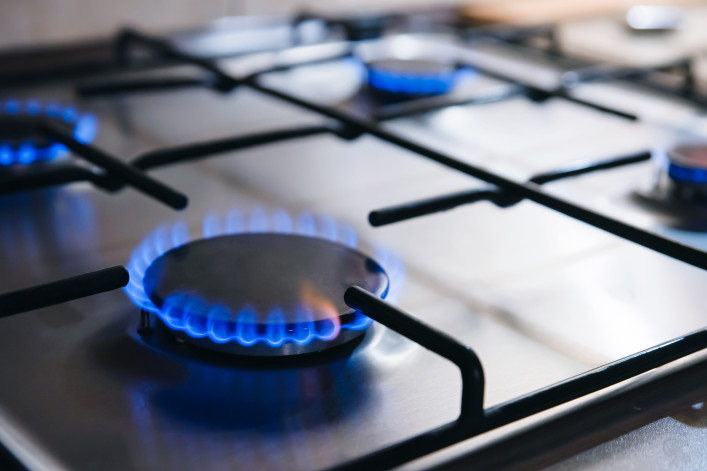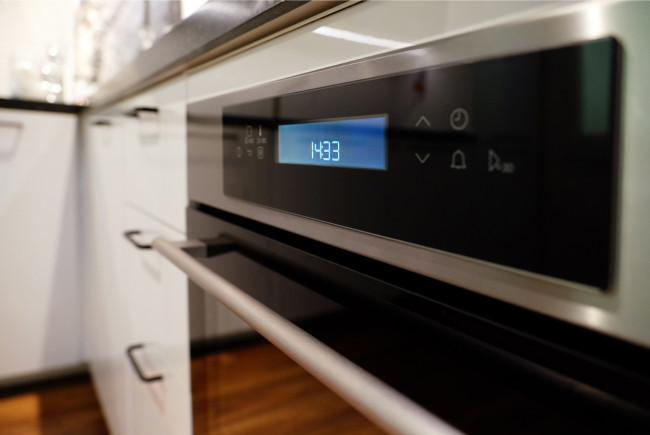New York becomes the first state to ban gas stoves in new construction
- New York State ban aligns with NYC's ban on gas appliances in new buildings
- The move is also consistent with Local Law 97's goals to reduce emissions

Just like NYC's existing ban, the new state ban won’t force you to swap out your gas appliances but they will no longer be allowed in new residential buildings.
simpson33/iStock/Getty Images Plus via Getty Images
New York is the first state to ban the installation of natural gas stoves and appliances in new apartment buildings. The measure is included in the $229 billion state budget, recently approved by Governor Kathy Hochul and legislators.
It brings the state in line with New York City, which already approved a ban on appliances using fossil fuel in new residential buildings under seven stories starting in 2024. The compliance deadline for taller buildings in NYC is 2027 and the move is consistent with the city’s efforts to drastically reduce carbon emissions under Local Law 97.
Are gas stoves legal in New York?
The state ban—like the city one—won’t force you to swap out your gas appliances if you have them, but it does affect new construction.
Some large commercial buildings and restaurants are exempt but gas-powered stoves, furnaces, and propane heating will no longer be allowed in new residential buildings in favor of all-electric heating and cooking appliances. The ban takes effect in brand new buildings under seven stories from 2026. Buildings of seven stories or more need to comply by 2029.
So if you’ve recently bought an apartment in a brand new building in New York you may be one of the last to have a gas stove in your kitchen. However, as owners of residential buildings are forced to comply with local laws regarding carbon emissions and gas line inspections, you may consider replacing your gas appliances anyway.
Should I replace a gas stove with an electric one?
Gas stoves have long been preferred by chefs but there’s more and more evidence that gas stoves are a leading contributor of indoor pollution, giving off nitrogen dioxide, carbon monoxide, and unsafe levels of fine particulate matter.
Another factor to incentivize you, or your building, to switch from gas to electric is the penalties levied against buildings that don't meet the city's efforts to cut emissions under Local Law 97. Fines will be imposed in 2025.
It's possible to make the switch to electric as a condo owner or co-op shareholder but removing gas appliances may be easier to do as a building-wide retrofit. The financing options for boards without substantial reserve funds for this kind of project include loans, equipment leases, and service agreements. Incentives are also available through utility companies.
If your building hasn’t yet taken steps to address emissions, you can get free one-on-one compliance guidance through the city-sponsored organization, NYC Accelerator.
You Might Also Like



























